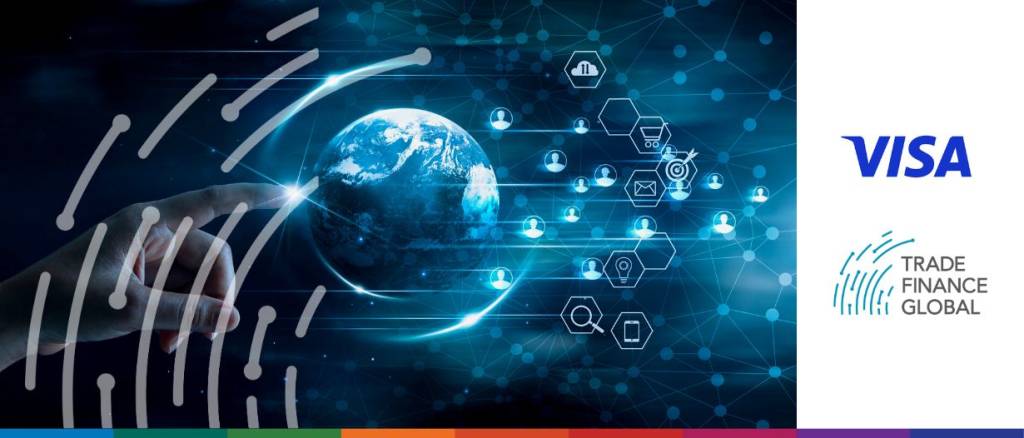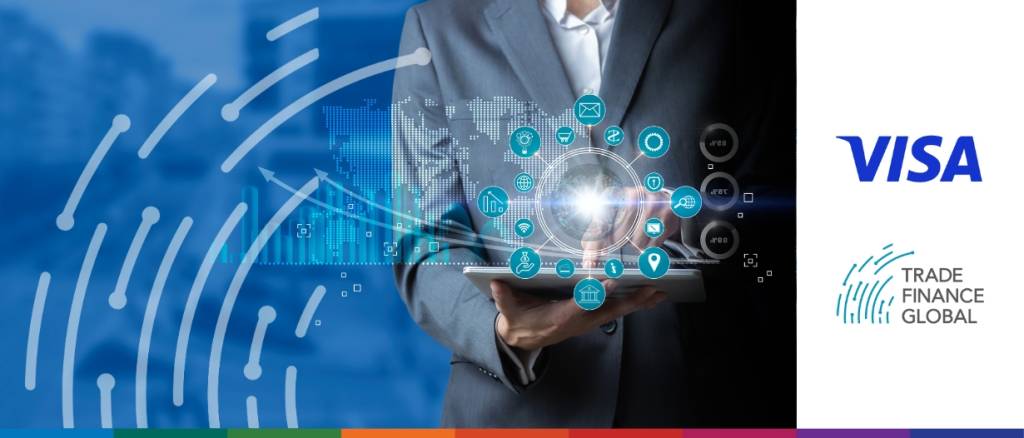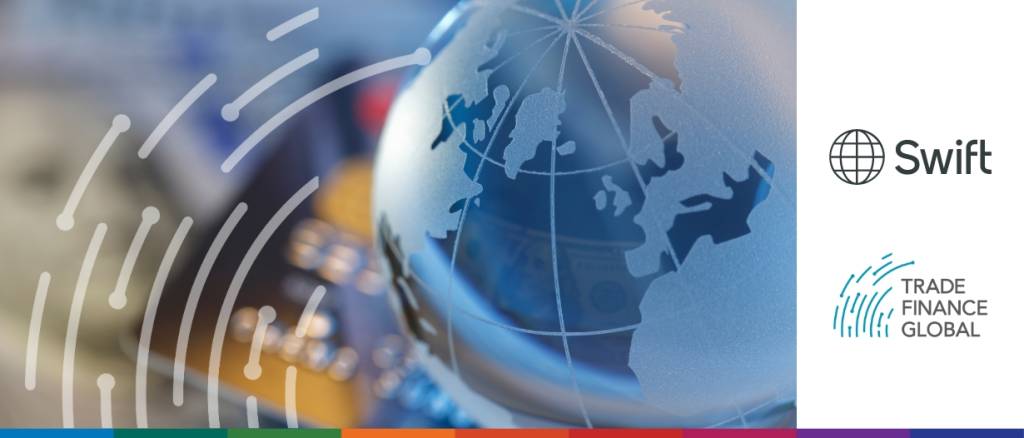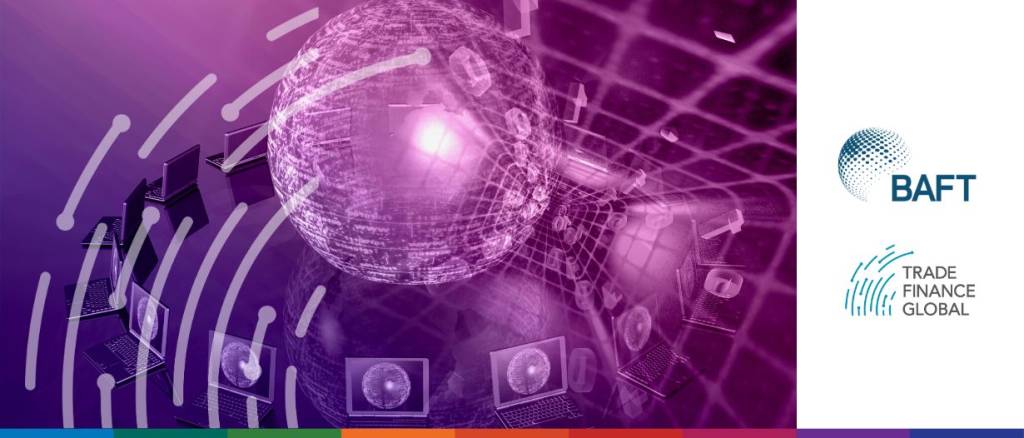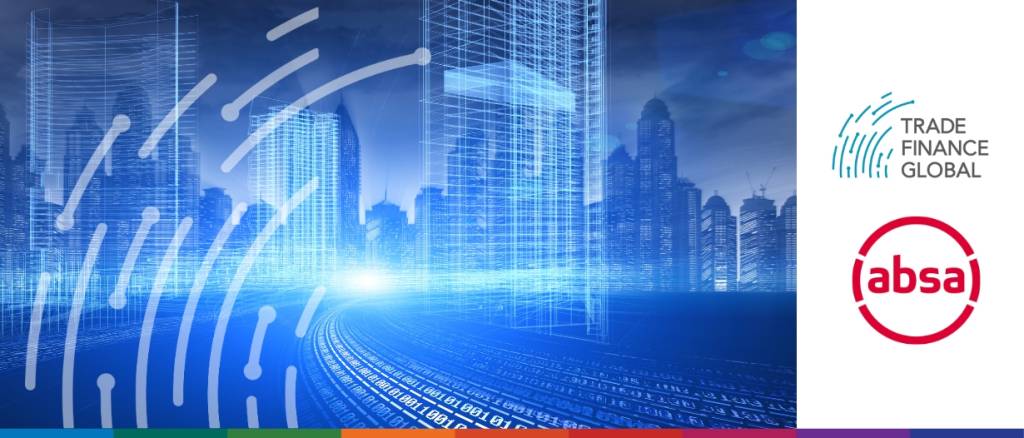Cross-border payments can play a special role for people and businesses around the world. They allow us to send money to our loved ones, book a holiday of a lifetime, or start a business in another country.
A first for the industry, Trade Finance Global (TFG) has partnered with several major organisations in the trade, treasury, and payments space to come together and speak openly about an often overlooked yet invaluable segment in the industry: the LGBTQ+ community.
To learn about this hidden, but vital aspect of finance, Trade Finance Global’s Brian Canup (BC) spoke to Veronica Fernandez (VF), Senior Vice President and Regional Head of Visa Commercial Solutions for North America at Visa.
In this episode of Trade Finance Talks, TFG’s Deepesh Patel was joined by Shirish Wadivkar, Global Head – Wholesale Payments & Trade Strategy at Swift, to uncover the conference’s core themes, the latest Swift initiatives, and strategies to prepare for Sibos 2023.
In an era marked by technological advancement and rapid digitisation, the landscape of financial transactions has undergone a transformative shift. Traditional modes of payment, such as checks and physical currency, have given way to the convenience and efficiency of digital payments.
A new Guide to Payment Regulations has been released, offering insights into the regulatory frameworks and licensing schemes for payments and e-money services across eight key Asian markets. The guide,… read more →
A first for the industry, TFG has partnered with major organisations in trade, treasury, and payments to speak openly about invaluable segment: the LGBTQ+ community.
In the wake of the pandemic, the global economy has seen a confluence of challenges, including geopolitical risks, interest rate changes, and commodity price fluctuations.
From payments, credit and lending, to trade and supply chain finance, the entire financial services industry is being disrupted. Regulatory requirements, industry standards and the environmental, social, and governance (ESG) agenda have accelerated.
Since B2B can attract the most money, the focus quickly turned to helping the corporate treasurer, the SME, and the B2B space.















